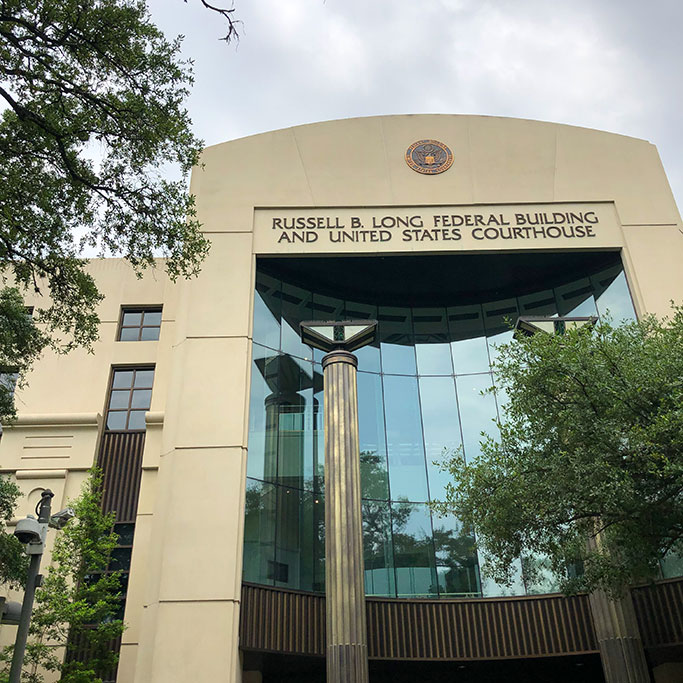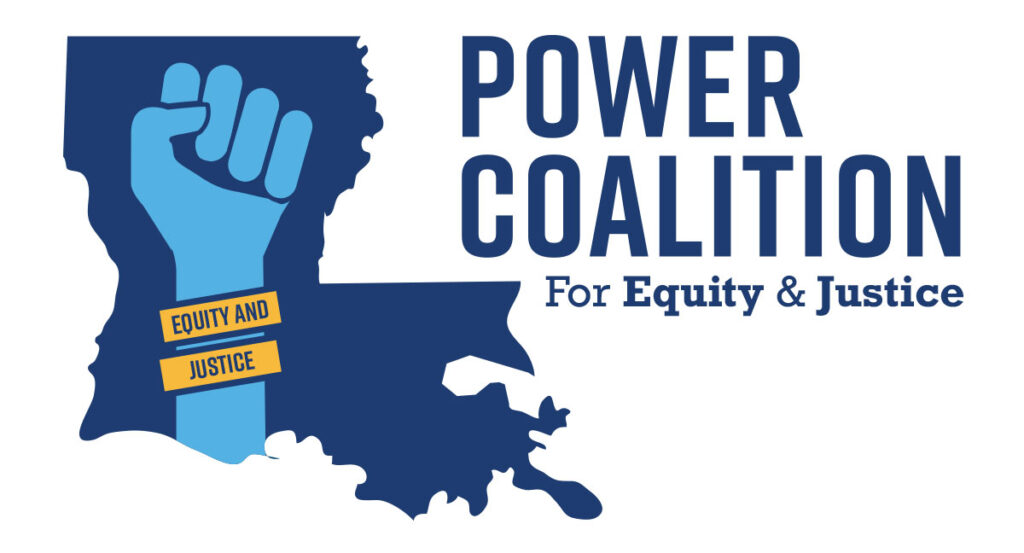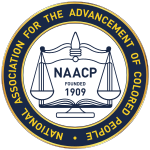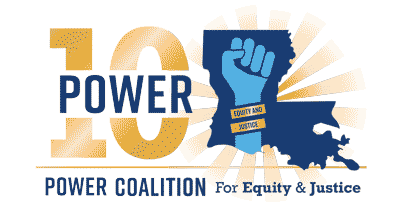
For Immediate Release: Monday, May 13, 2022




BATON ROUGE, LA – Today, a five-day evidentiary hearing for a preliminary injunction came to a close in Robinson v. Ardoin, the case challenging Louisiana’s congressional map as a violation of Section 2 of the Voting Rights Act of 1965. At the hearing, civil rights groups presented their case for enjoining the discriminatory map which severely dilutes Black voting power. Chief Judge Shelly D. Dick of the Middle District of Louisiana will determine whether to block Louisiana’s enacted congressional map from being used in upcoming elections while litigation continues, which would require a new map be drawn that includes two majority-Black districts.
On March 30, 2022, the Legal Defense Fund, Inc. (LDF), American Civil Liberties Union (ACLU), ACLU of Louisiana, Paul, Weiss, Rifkind, Wharton & Garrison LLP, and Louisiana Lawyers John Adcock and Tracie Washington filed a lawsuit on behalf of the Louisiana State Conference of the NAACP, Power Coalition for Equity and Justice, and nine individual voters. The lawsuit was filed immediately after the Louisiana Legislature voted on March 30, 2022 to overturn Governor John Bel Edwards’ veto of the congressional plan passed by the Legislature in February.
“We are seeking justice for minorities in Louisiana who spoke out multiple times to have an opportunity to elect candidates of their choice. The Legislature heard and saw many options for a congressional map that would not continue to dilute the Black vote. This case is a chance to try and uproot decades of deep roots of injustice for minorities in the state,” Ashley Shelton, President and CEO for Power Coalition, said. “While Louisiana has been the state with the second largest Black population, it has struggled to provide fair representation in the democratic process. There is no protection for minority communities without representation. We cannot continue to deny the racial disparities that persist due to systemic racism. Justice can only be found by dismantling the systems that got us here. This starts in the electoral process. We have to take an honest look at the facts and work to provide a better foundation for the future.”
“Every election has huge consequences for our community,” said Mike McClanahan, President of the Louisiana State Conference of the NAACP. “That’s why we need a better map now — before primaries start. If Black Louisianans aren’t represented, it means we won’t get the public funding we deserve. This means less money for our schools, for hurricane relief — the Legislature can’t keep shortchanging us. We’re not going to stop until our voices are heard.”
“The basic function of a democracy is fair and just representation,” said plaintiff Davante Lewis. “Louisiana needs a congressional map that reflects the population of the state and ensures every person is fairly represented. We can’t wait any longer for the Black people to be treated with equal dignity and respect — to be granted a representative voice in every level of our government.”
“Redistricting has a direct influence on which candidates get elected,” said LDF Attorney Victoria Wenger. “Every voter should have the opportunity to elect candidates that reflect their concerns and priorities. Instead, Black voters in Louisiana are having their voices drowned out by racially gerrymandered maps. The state Legislature is once again trying to rob Black communities of the representation they deserve. This underrepresentation will last a decade, and its implications far longer. We can’t let that happen.”
“The bottom line is that Louisiana’s congressional map violates Section 2 of the Voting Rights Act – the map is discriminatory and should be enjoined immediately,” said ACLU of Louisiana Legal Director Nora Ahmed. “Black voters cannot be forced to endure several more years of underrepresentation, which is why it’s so important that the Court fix this issue before another decade of harm is cemented. Louisianans deserve better. It is well past time for our state to turn the page and allow all citizens to participate fully in our democracy.”
The voting-age population in Louisiana is nearly one-third Black. Under the Legislature’s proposed map, Black Louisianans comprise the majority in only one of the state’s six congressional districts, and candidates supported by Black voters are routinely outvoted in the five other districts. The result is underrepresentation of Black voters in Louisiana’s congressional delegation, with Black voters having an opportunity to elect candidates of their choice in only one of the six congressional districts (i.e., 16.7% of the districts). At the same time, Louisiana’s white population is vastly overrepresented. While only 58% of Louisiana’s population is non-Hispanic white, white voters control the outcome in five out of six (83.3%) districts under the maps. That control has meant that no Black candidate has won election to any of those seats since Reconstruction.
LDF and coalition partners have been deeply involved in the redistricting process in Louisiana and other key states to prevent discriminatory redistricting plans and ensure legislatures comply with their obligations under the Voting Rights Act and the U.S. Constitution. LDF and the coalition have submitted several maps, testified before the Legislature, and sent multiple letters to legislators throughout the process. Learn more about LDF’s redistricting work in Louisiana and other states here.
###
Founded in 1940, the Legal Defense Fund (LDF) is the nation’s first civil rights law organization. LDF’s Thurgood Marshall Institute is a multi-disciplinary and collaborative hub within LDF that launches targeted campaigns and undertakes innovative research to shape the civil rights narrative. In media attributions, please refer to us as the Legal Defense Fund or LDF. Please note that LDF has been completely separate from the National Association for the Advancement of Colored People (NAACP) since 1957—although LDF was originally founded by the NAACP and shares its commitment to equal rights.
FOR MEDIA, CONTACT:
ewiley@naacpldf.org

